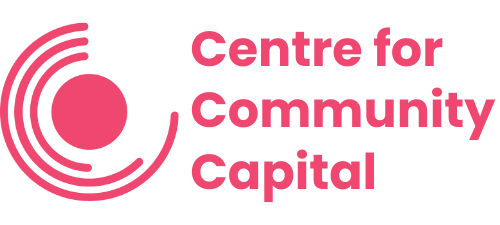Natural Capital & Environmental Markets
We support landholders, communities, and organisations to unlock opportunities in natural capital and environmental markets.
We help with the following areas
Natural Capital Fundamentals
Learn the basics of natural capital — what it is, why it matters and how to master it.
Environmental Market Fundamentals
Learn the basics of environmental markets and the wide range of market approaches available.
Benefit–Value–Beneficiary Chain
Identify, map, and communicate the benefit–value–beneficiary chain for key natural assets, ecosystem services, and environmental services.
Market Entrepreneurship & Innovation
Learn how to design and apply market-based approaches that create value for communities and the environment.
What We Offer
We offer course, programs, networks and advice to inspire and support:
land managers and farmers - to play a leading and entrepreneurial role in natural capital, nature repair and environmental markets
advisors, policy and program professionals - to play an advisory, policy and programmatic role in natural capital, nature repair and environmental markets.
-
Practical support to identify, map, and communicate the benefit–value–beneficiary chain for key natural assets, ecosystem services, and environmental services across the region.
Facilitated sessions (in-person or online) with strategic staff and partners.
Duration & Deliverables: 4 x 1.5-hour working sessions plus write-up and presentation of results
Outcomes:
Clear articulation of benefits, value and beneficiaries
Foundations to support market readiness and pathways
Strategic insights to inform environmental market design, innovation and influence work.
-
Practical support to equip strategic staff and key partners with the knowledge and processes to ideate, design, and develop environmental market approaches that meet the needs of the region.
Facilitated co-design workshop for strategic staff and partners
Duration & Deliverables: 4 x 1.5-hour working sessions plus write-up and presentation of results
Outcomes:
Clear articulation of environmental market design, innovation and influence opportunities.
Increased capability to lead, design, and adapt environmental market approaches for locally relevant opportunities and regional wide industry activation.
Fundamentals - Online Self-Paced Courses
We offer online courses for land managers, farmers, advisors, policy and program professionals.
If you prefer self-directed learning these courses are for you.
You can find more information here: Natural Capital & Environmental Markets Initiative Online Courses
Fundamentals - Facilitated training and workshops
We offer online and in-person workshops and training for groups and organisations.
Refer to our Learnings section for public online workshops and training.
For bespoke sessions contact us.
-
Helping governments and agencies create policies and programs that drive more inclusive, equitable, and locally relevant natural capital and environmental market opportunities.
Practical support to develop natural capital and environmental market policies, programs and initiatives.
Facilitated co-design process for strategic staff and partners.
What Makes Our Approach Different
Our approach is about building the capacity of local agencies, communities and landholders to lead in the emerging field of natural capital and environmental markets.
We support them to build their knowledge and skills to design approaches that are inclusive, equitable, and grounded in place — ensuring that the value generated through natural capital and environmental markets stays in local hands and supports the environment.
We focus on growing the capability of communities, landholders, and local agencies to:
Determine the benefits, beneficiaries and value that flows from their natural capital
Identify and promote the value of the environmental services they offer
Design and lead market opportunities that are locally relevant and ensure wealth is retained, reinvest and shared locally.
Ensure small and medium-sized businesses can thrive in a nature-positive economy
This includes building innovation and entrepreneurial skills, so that regions can create stewardship enterprises, business models, and market structures that reflect their unique ecological, cultural, and economic context.










